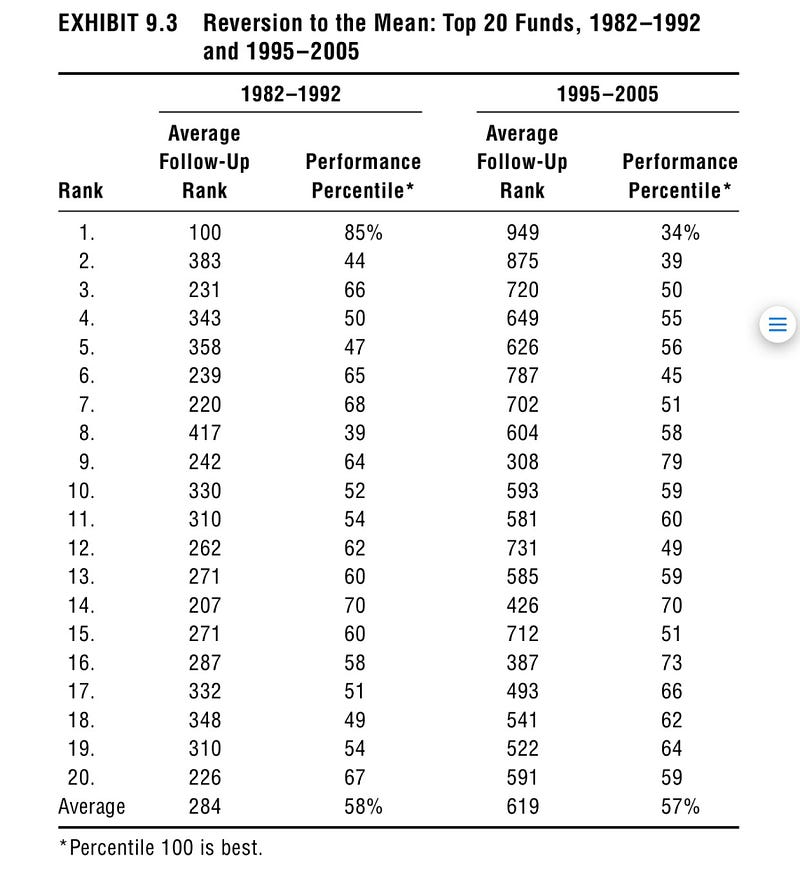It’s coming. Myrepublic has hit the pain point. Customers are on the brink of being released from costly data plans. It does seem like the 4th telco understands the need to alter the existing value system. In this era, we use mobile for everything.
Mobile data helps alleviate the pain for travel on public transport and helps Singaporeans execute complex tasks that used to be physically troublesome (pay fines, banking, shop etc).
Hardware has caught up. Our iPhones and new android machines have the same if not more computing power than PCs 5 to 10 years ago. But Singaporean data plan providers have chosen to be milk customers instead of rethinking their value proposition.
Our business models have not caught up. We are still trap with the minimum 300 mins and 1000 sms. Those are base fees that force you to commit $15 dollars for nothing. Hardly anyone uses calls and sms. Above that, they layer prohibitive fees for data — especially if you exceed the amount of data you contracted for. That’s not pay per use. That’s a fine.
The government has generally stood by these telcos because frankly they are local champions. They employ a lot of Singaporeans and higher profitability means good pay and good returns to Singaporean workers and investor. But the lack of competition prohibits innovation.
We badly need cheaper mobile data plans. Kids and students need to consume more data. We don’t want to micro manage what they do with it. But we want kids to be at the forefront of technology. Be exposed. That’s the first step. We also need every Singaporean to be mobile ready so we can implement smart nation initiatives. We could possibly be using mobile phones to tap on MRTs, we could mass adopt smarter payments systems and we could help formulate better policies with data.
The current pricing model is unsustainable. The Giffgaff effect has arrived. We will see a telco serve an entirely different segment (I believe this is the new majority) of customers who want cheaper mobile data and little or less other value added service. It’s a battle of pricing model. Check out our peers in Taiwan, Japan and even the medieval UK.
One day we will see no frill plans like this
- 10 gb, 15 mins talk time, 100 sms — $60
- Unlimited data — $80 to $100
If you read this, share it or respond so our politicians know what we want and can reflect this in parliament. Takes too long for our conglomerates to understand the shifting grounds globally. Perhaps they already do, but they prefer you be exploited.

